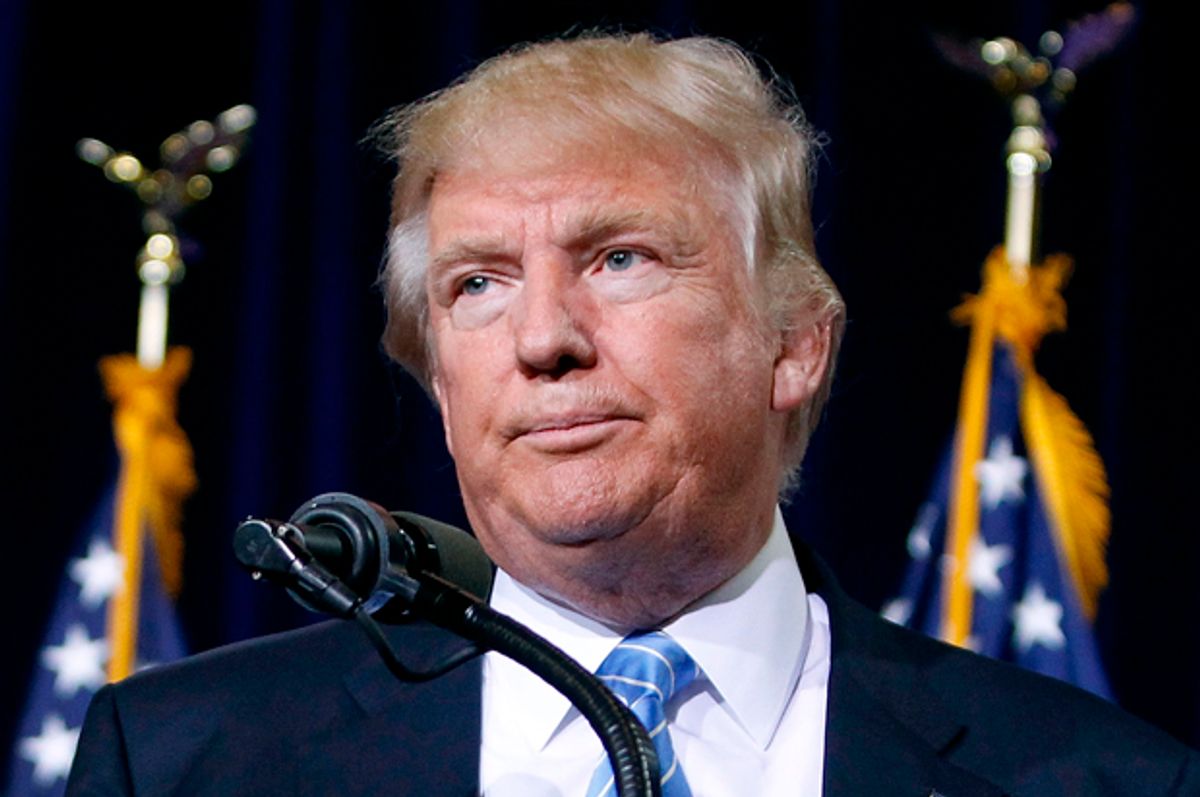Bad things happen when presidents come to rely on bad information. George W. Bush and his administration were very much invested in the notion that Iraqi dictator Saddam Hussein had weapons of mass destruction, and to help build that case they relied on intelligence from an Iraqi defector code-named “Curveball.” The stories “Curveball” told about having helped develop Iraq’s alleged biological weapons program were inconsistent and difficult to prove, and officials within U.S. and foreign intelligence services were highly dubious of his credibility.
Nonetheless, the “Curveball” descriptions of Iraqi weapons of mass destruction factored heavily into the Bush administration’s case for war. It wasn’t until 2011 that “Curveball,” whose real name is Rafid Ahmed Alwan al-Janabi, admitted that he had lied about everything in order to hasten the downfall of Hussein’s government. Bad information from an unreliable source wormed its way up to the desk of the president of the United States, where it was used to set in motion an international calamity that cost the lives of tens of thousands of people.
The “Curveball” example comes to mind as we watch our new president, Donald Trump use the powers of his office to launch a crusade against voter fraud. Trump’s sad obsession with proving that he won the popular vote has already caused his still-young administration a series of political headaches. Throughout the whole ordeal, Trump has been insistent that the only reason he lost the popular vote was because 3 million to 5 million people voted illegally. But the president has never provided any evidence to support the allegation, leading the formerly cautious New York Times to repeatedly characterize his statements as lies in front-page headlines.
This week Trump’s source seems to have finally been revealed. The Daily Beast’s Ben Collins and Olivia Nuzzi interviewed a guy named Gregg Phillips, the founder of a voter-fraud reporting app, who tweeted just days after the election that he had “verified more than three million votes cast by non-citizens” and was going to “initiate legal action.” Phillips’ tweet was picked up by InfoWars, the website of conspiracy nut Alex Jones, and then amplified by Matt Drudge. At no point has Phillips ever provided any evidence to substantiate his allegation.
That lack of evidence was the central point of contention during a CNN interview Phillips gave following the Daily Beast story, in which he struggled mightily to explain several problems with his findings. According to Phillips, he still needs a few more months to “verify” the findings he already conclusively announced:
Shortly after the CNN interview aired, Trump himself tweeted that he was eagerly anticipating the results of Phillips’ months-delayed verification process:
Not to put too fine a point on it, but this is absolutely insane. The president is 100 percent committed to the notion of widespread illegal voting because somebody tweeted it months ago.
It would be bad enough if this were just a subject of idle speculation by the most powerful person on the planet. But this nonsense is shaping policy. After a ridiculous performance by White House press secretary Sean Spicer, in which he couldn’t explain why the president believes mass illegal voting occurred but also wouldn’t order an investigation, the White House announced that — surprise, surprise — it is going to investigate “voter fraud” after all. It doesn’t matter if it’s utterly stupid and based on an obvious lie. This is what the president wants.
No one knows what that investigation will look like (it has already been delayed), but the administration is apparently serious about it. Vice President Mike Pence was caught on audio saying that the White House will “initiate a full evaluation of voting rolls in the country and the overall integrity of our voting system in the wake of this past election.”
Voting rights advocates hear statements like that and they immediately start thinking about “suppression.” What started as Trump casting about wildly in defense of his ego could snowball into a full-scale assault on voting rights. Even if it doesn’t come to that, you still can’t place any confidence in his decision-making ability when he disregards statements from state elections officials and prominent members of his own party, not to mention observable reality, in favor of an absurd conspiracy theory that feeds into his own self-aggrandizement.
The “Curveball” example showed us what happens when bad information from an unreliable source is taken at face value by a president who is motivated to believe it. That’s something to keep in mind as Donald Trump sets the machinery of the federal government in motion because of some guy's tweet.

Shares